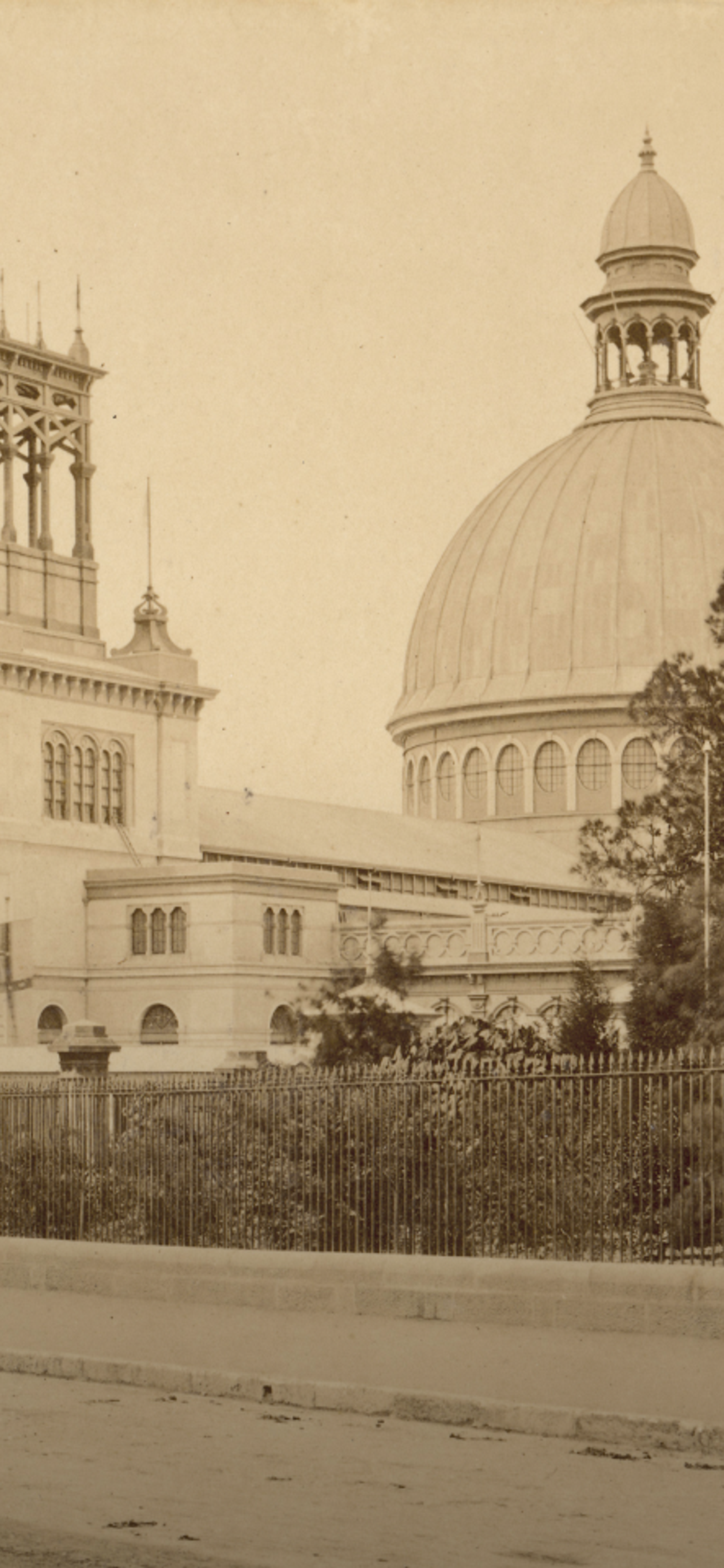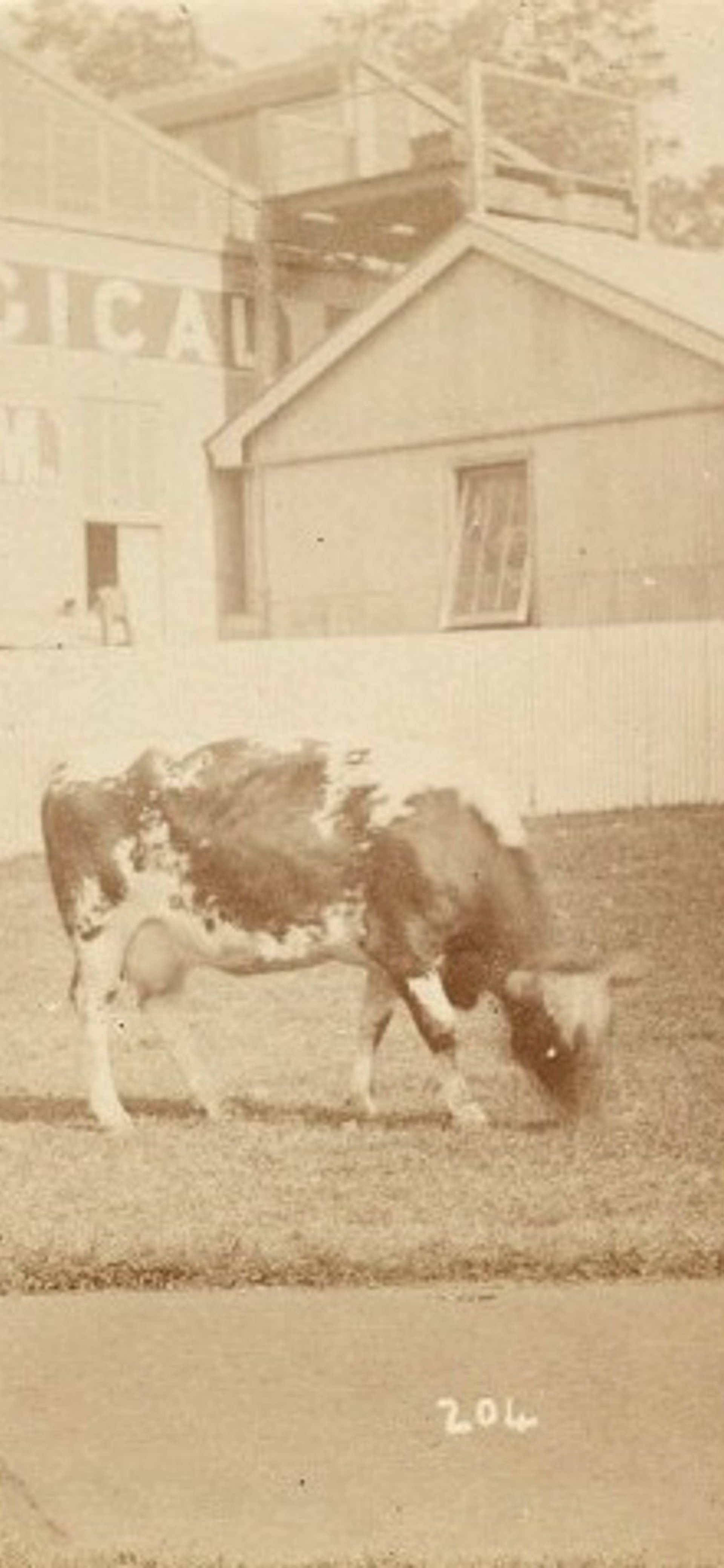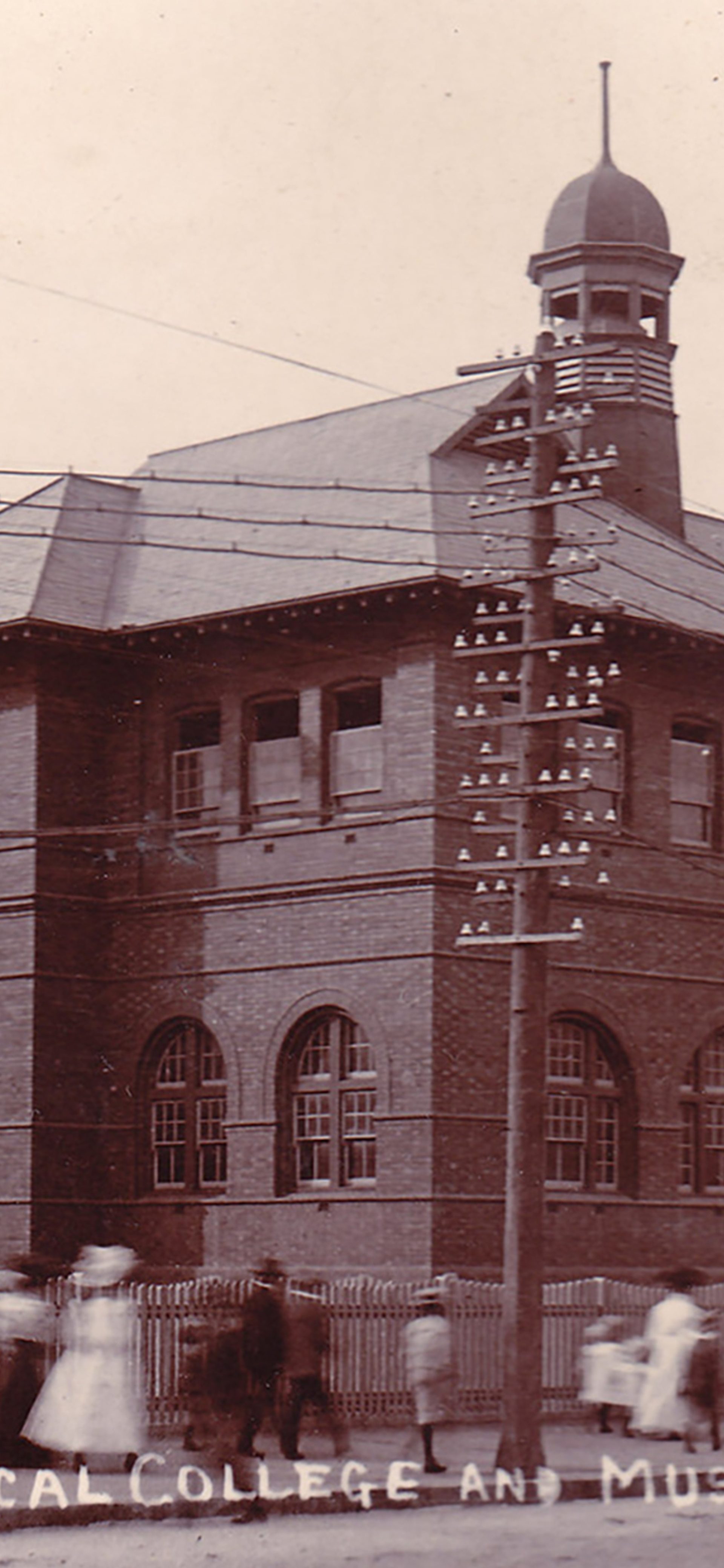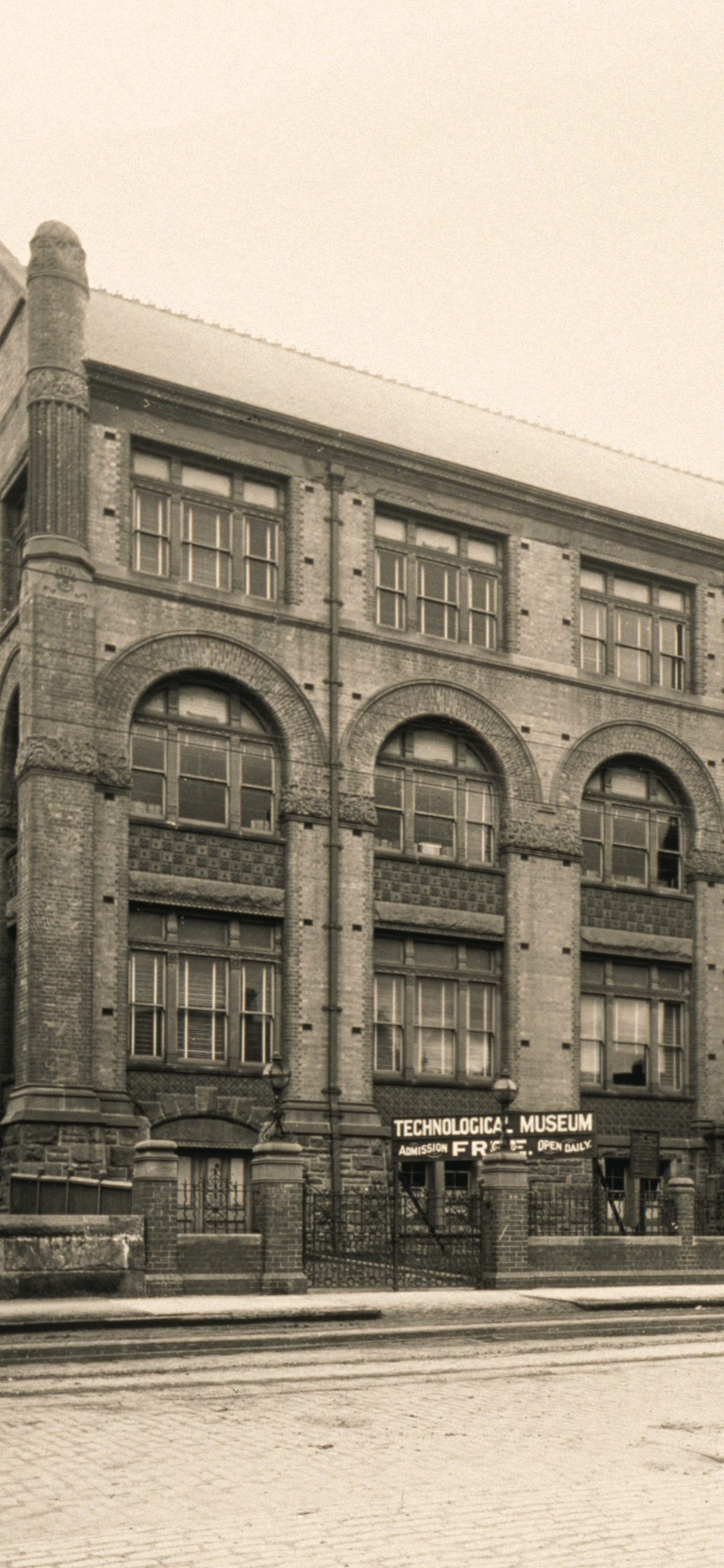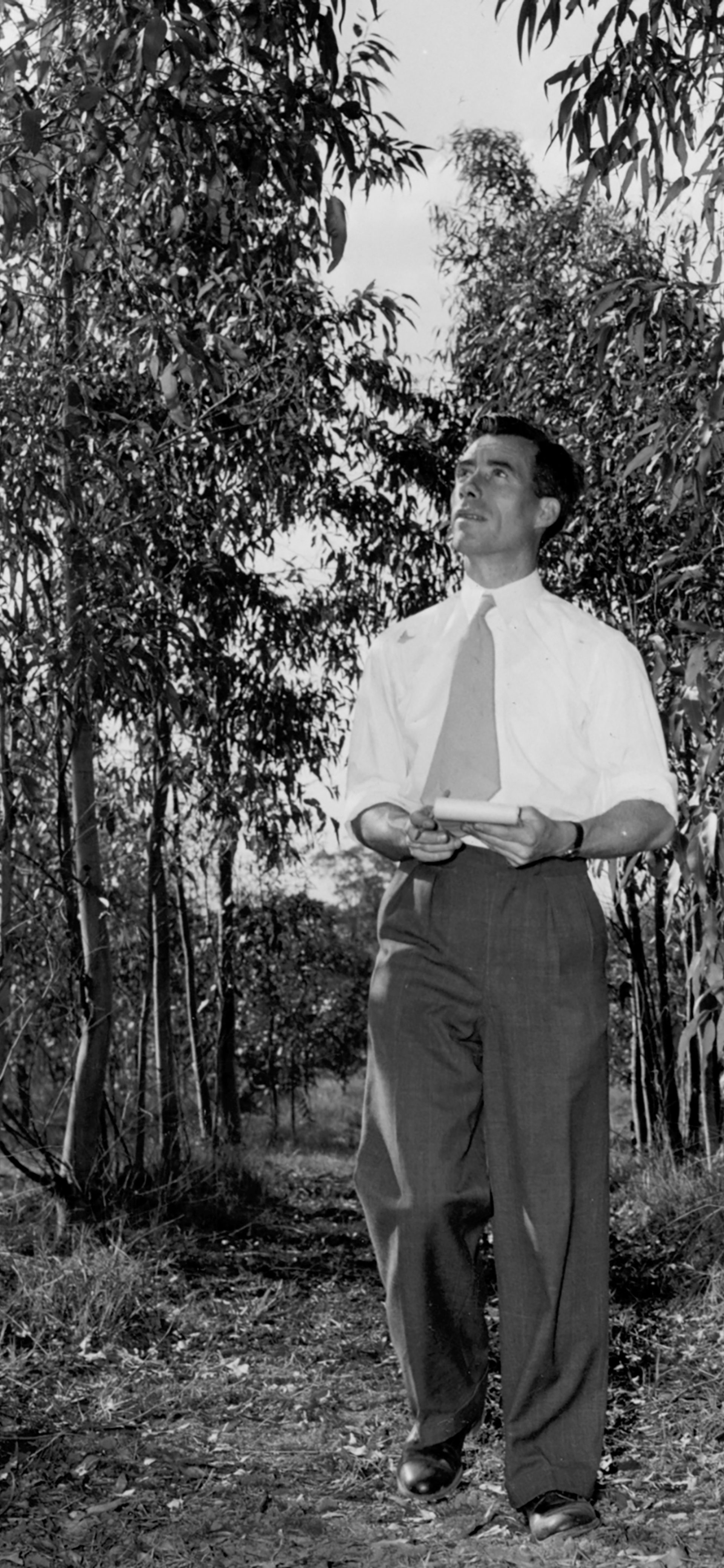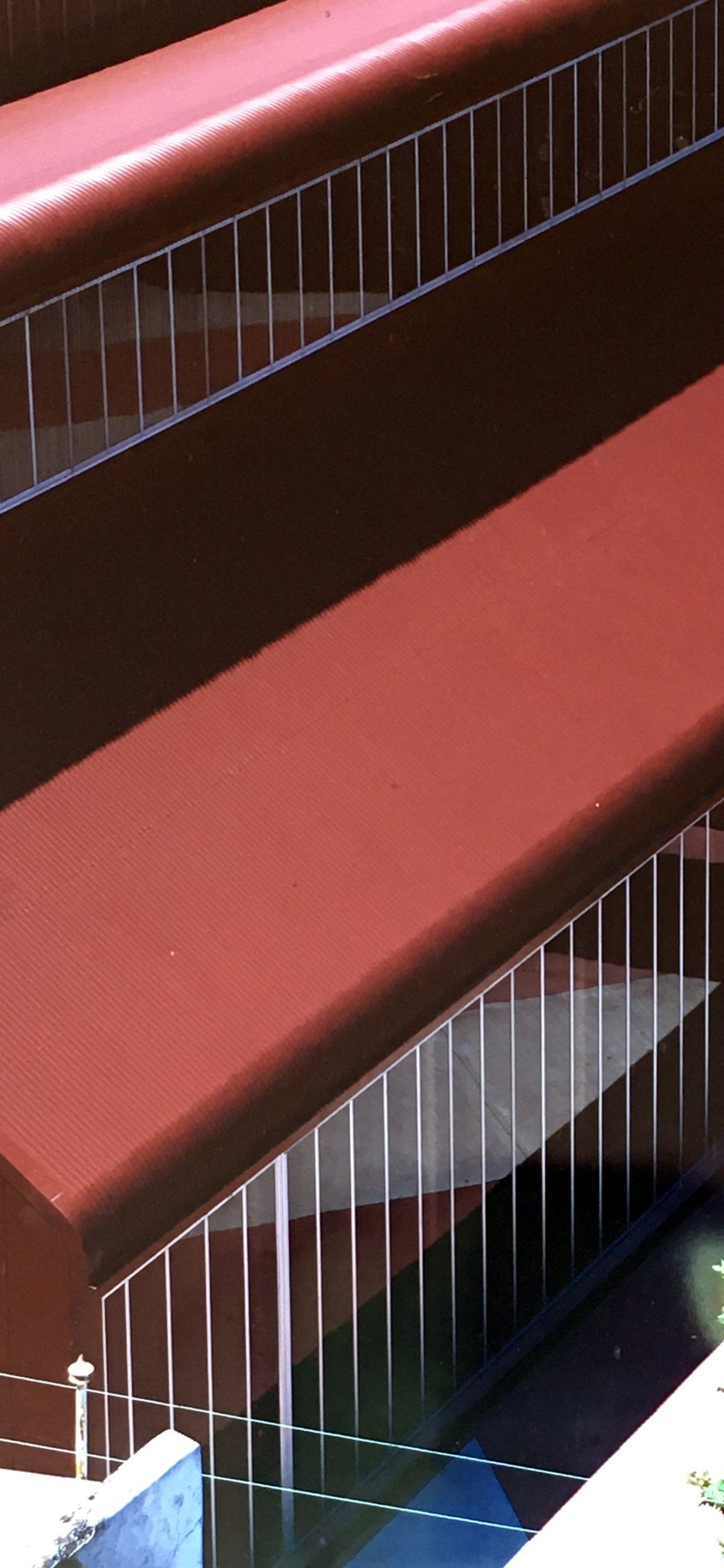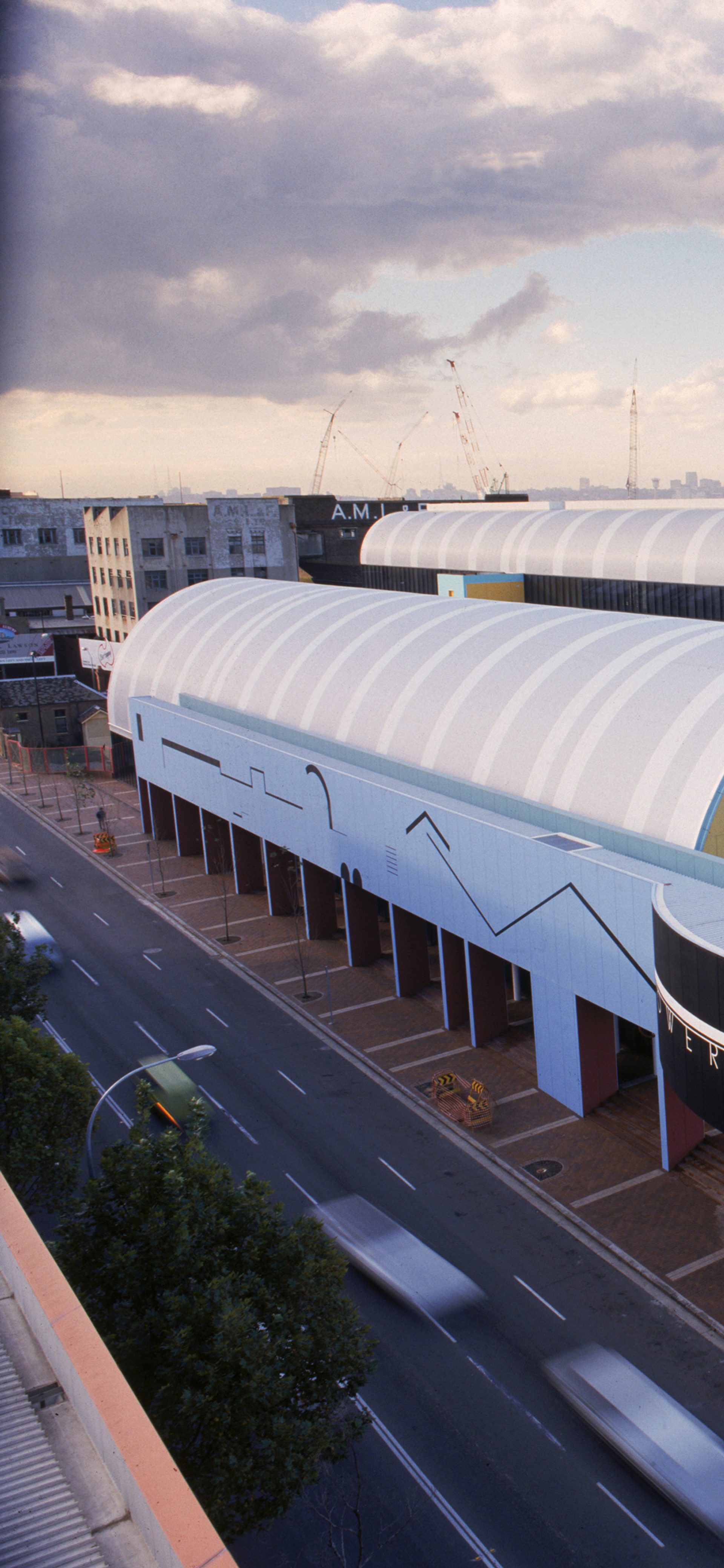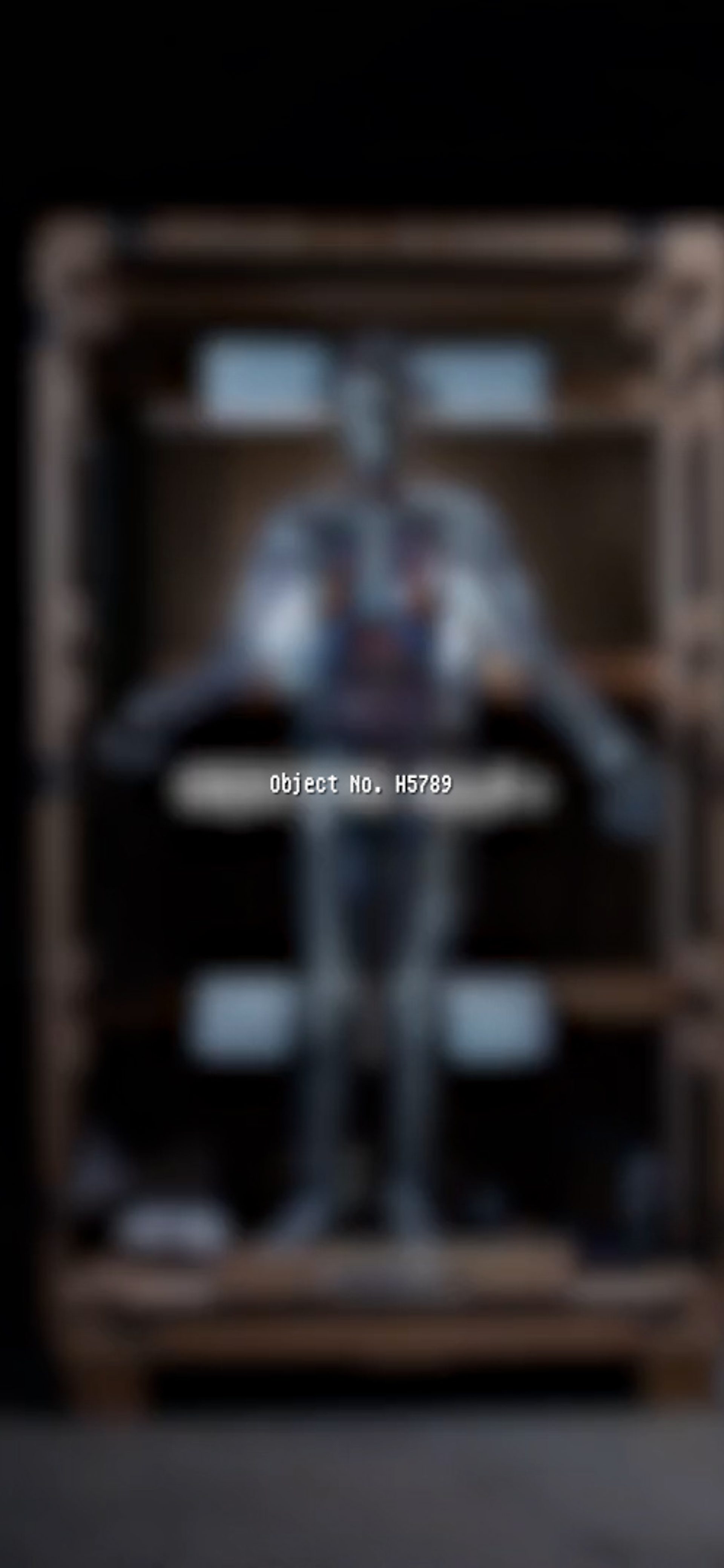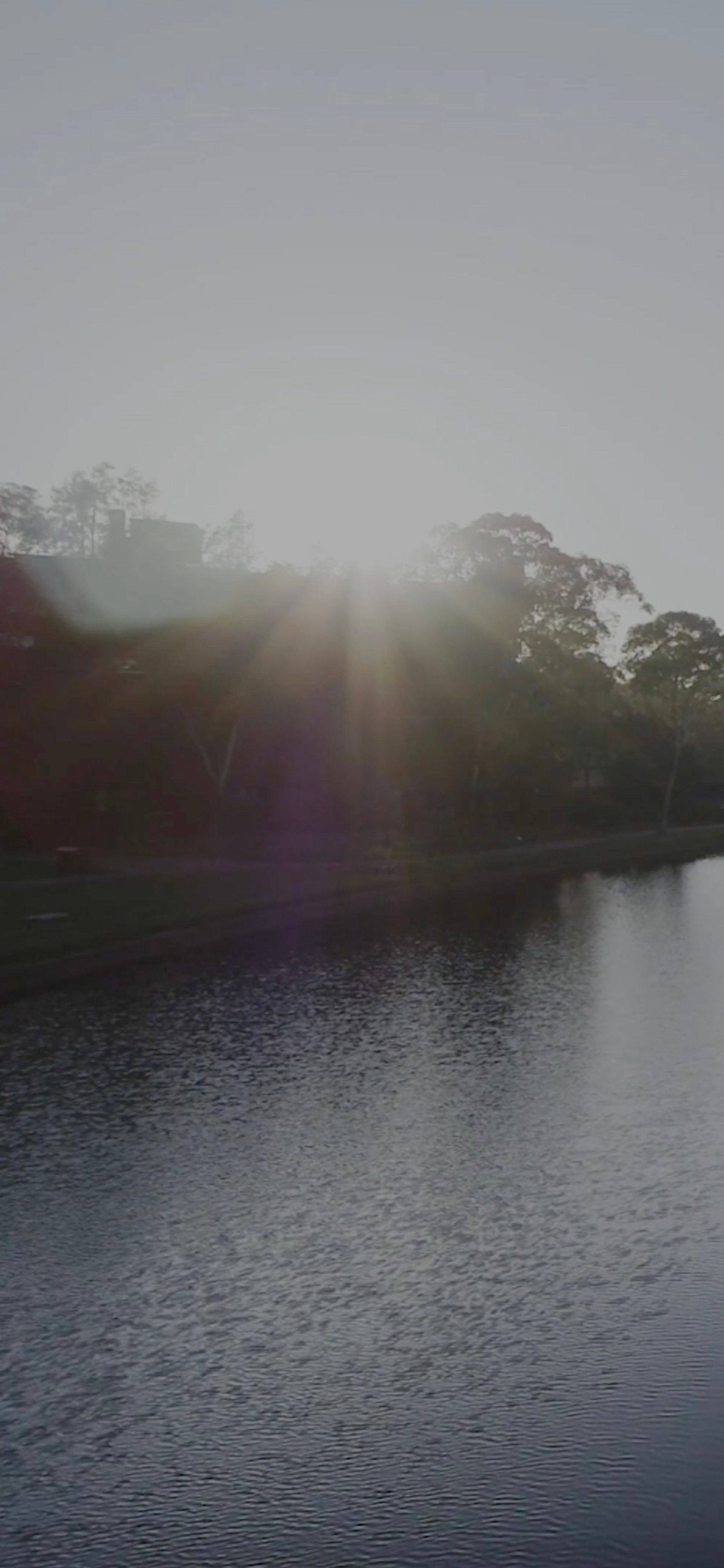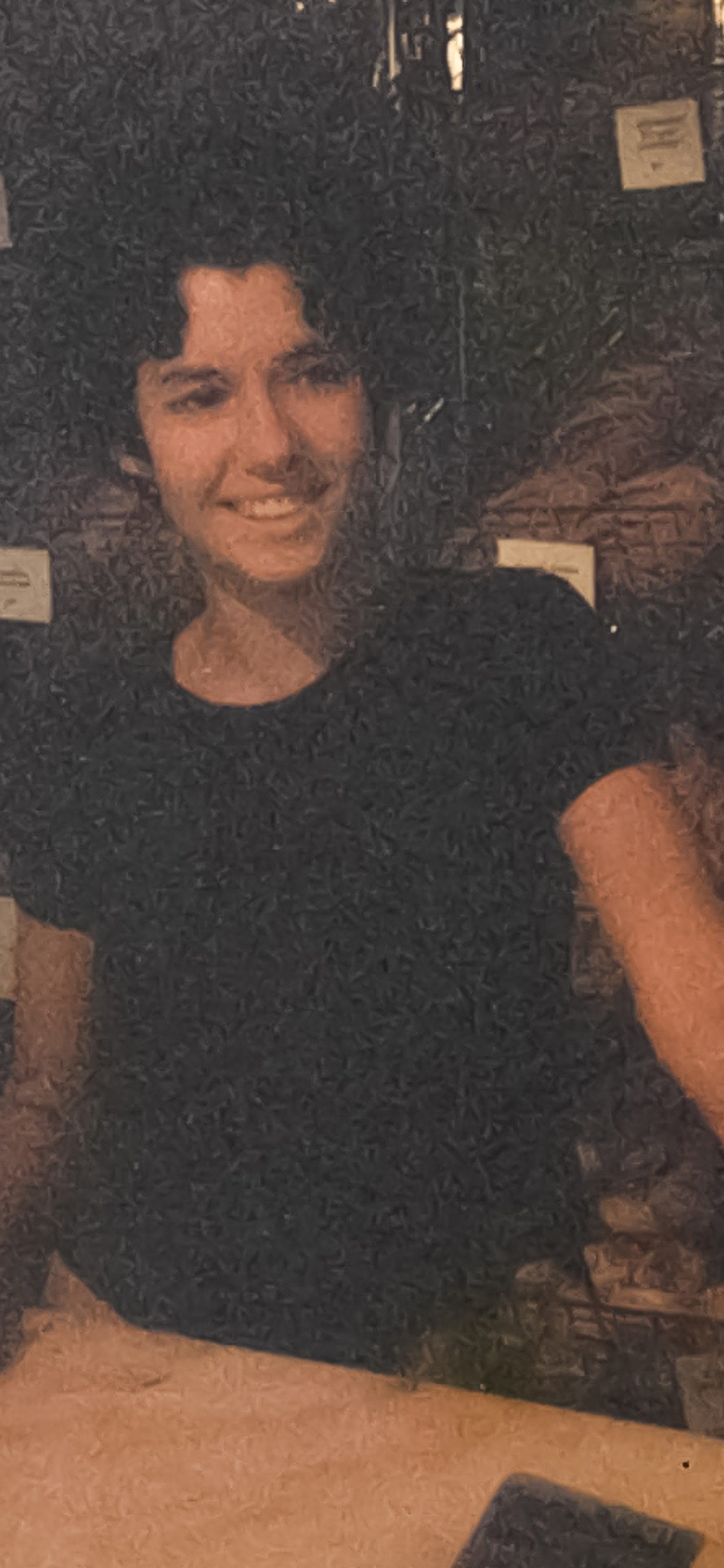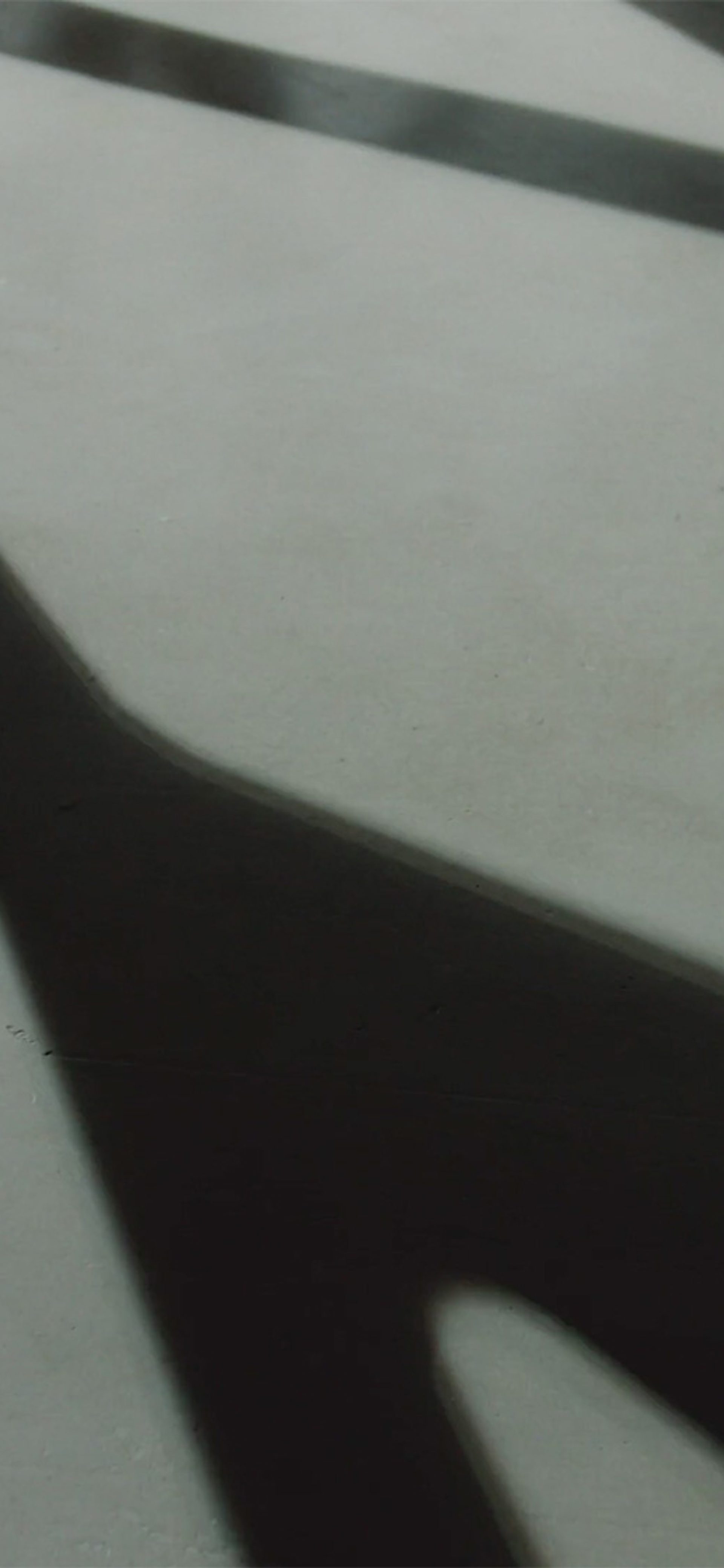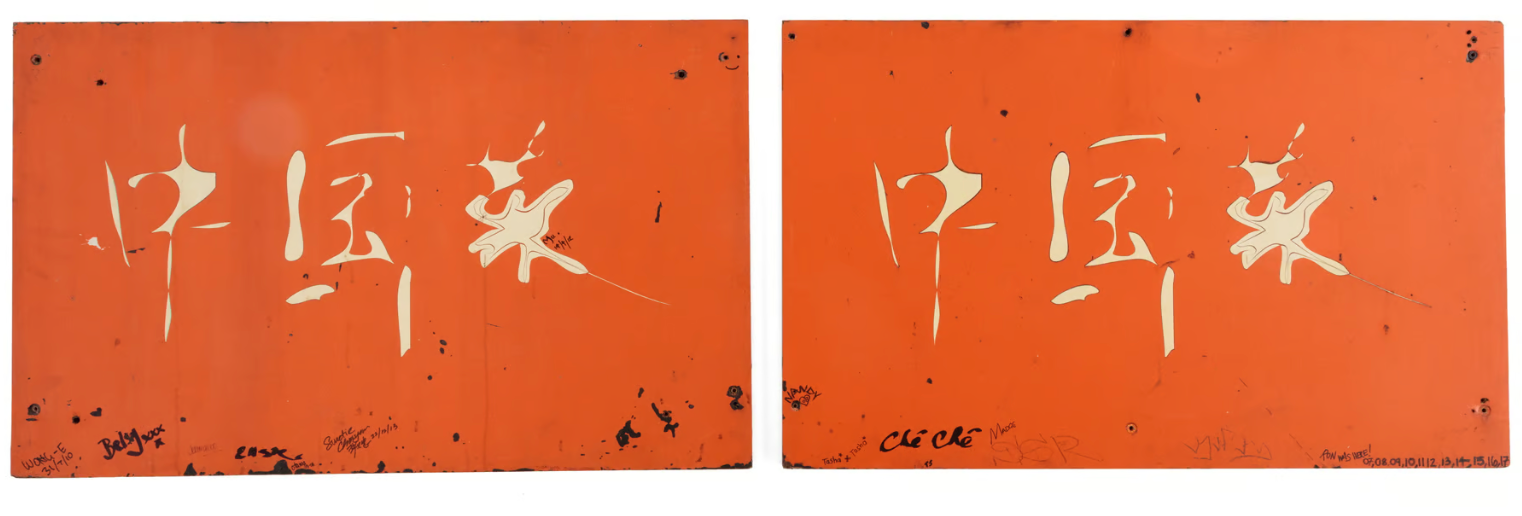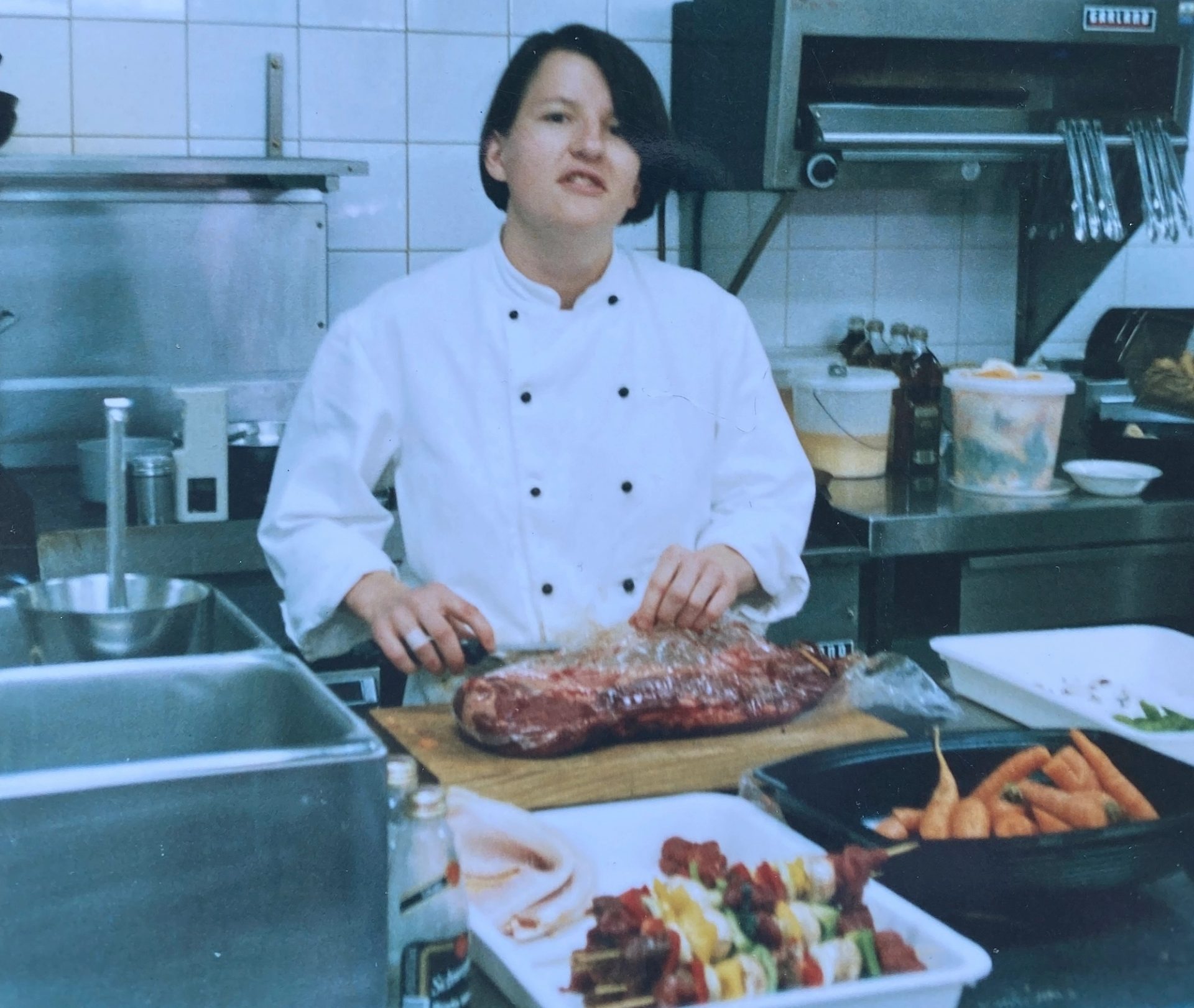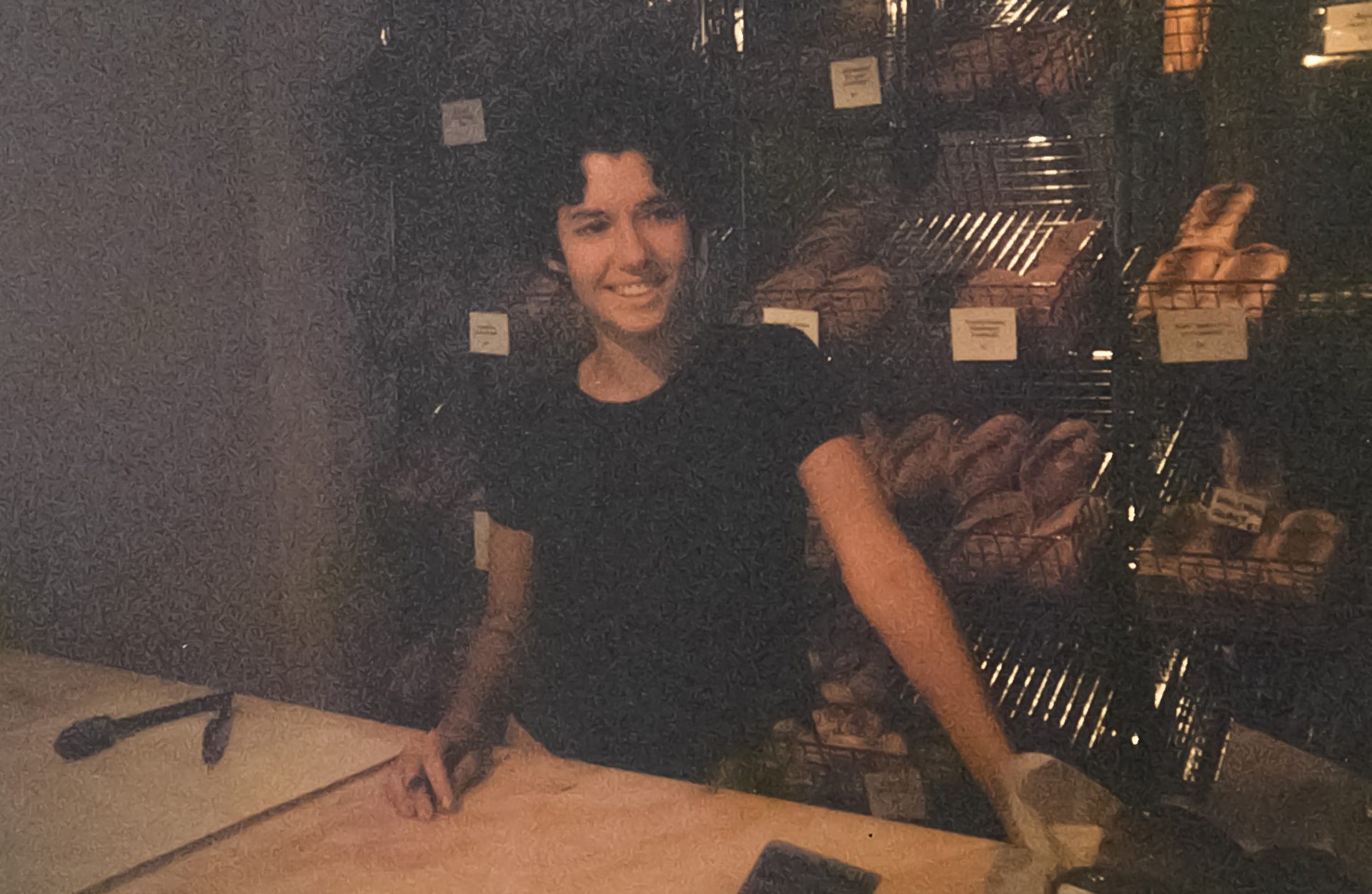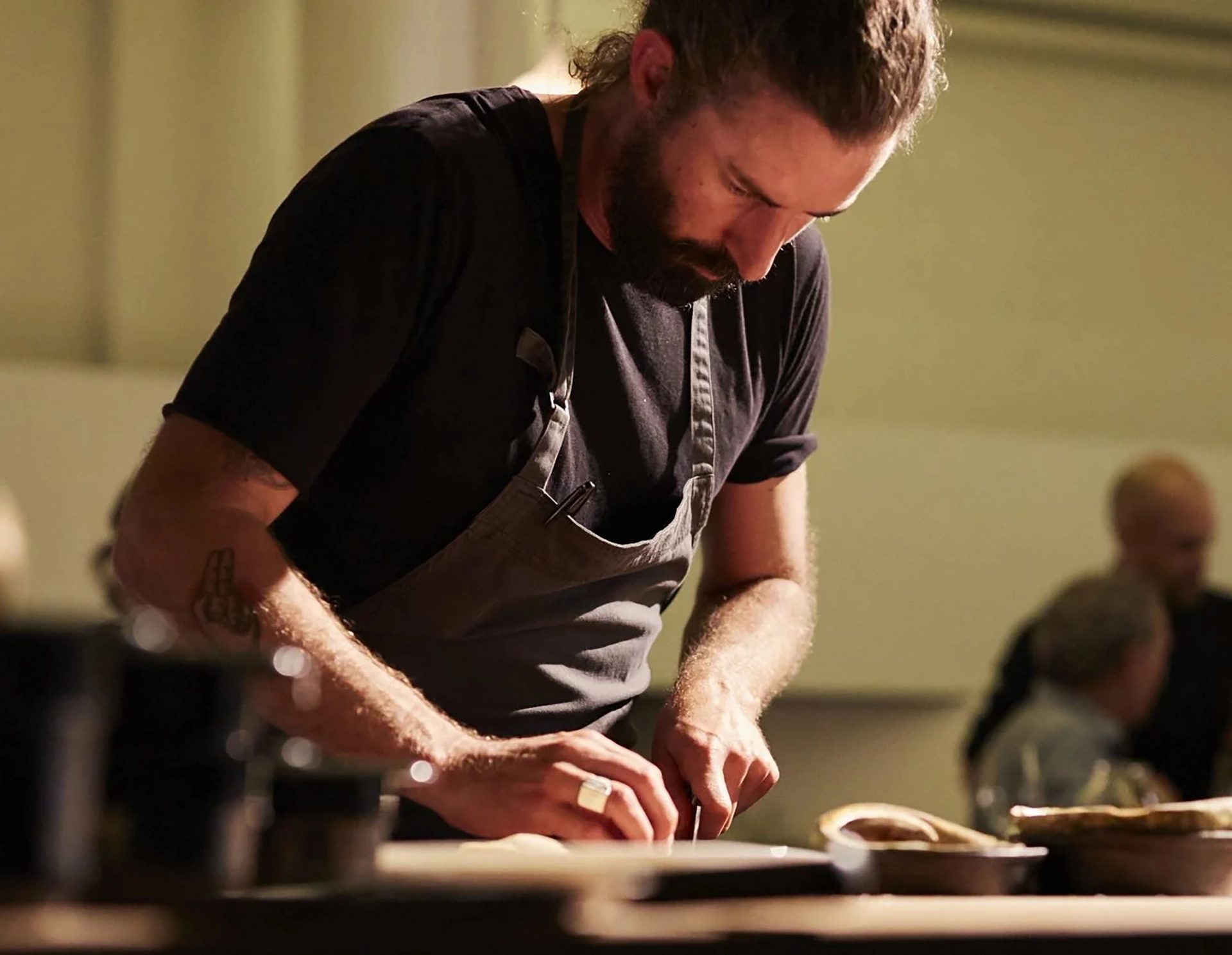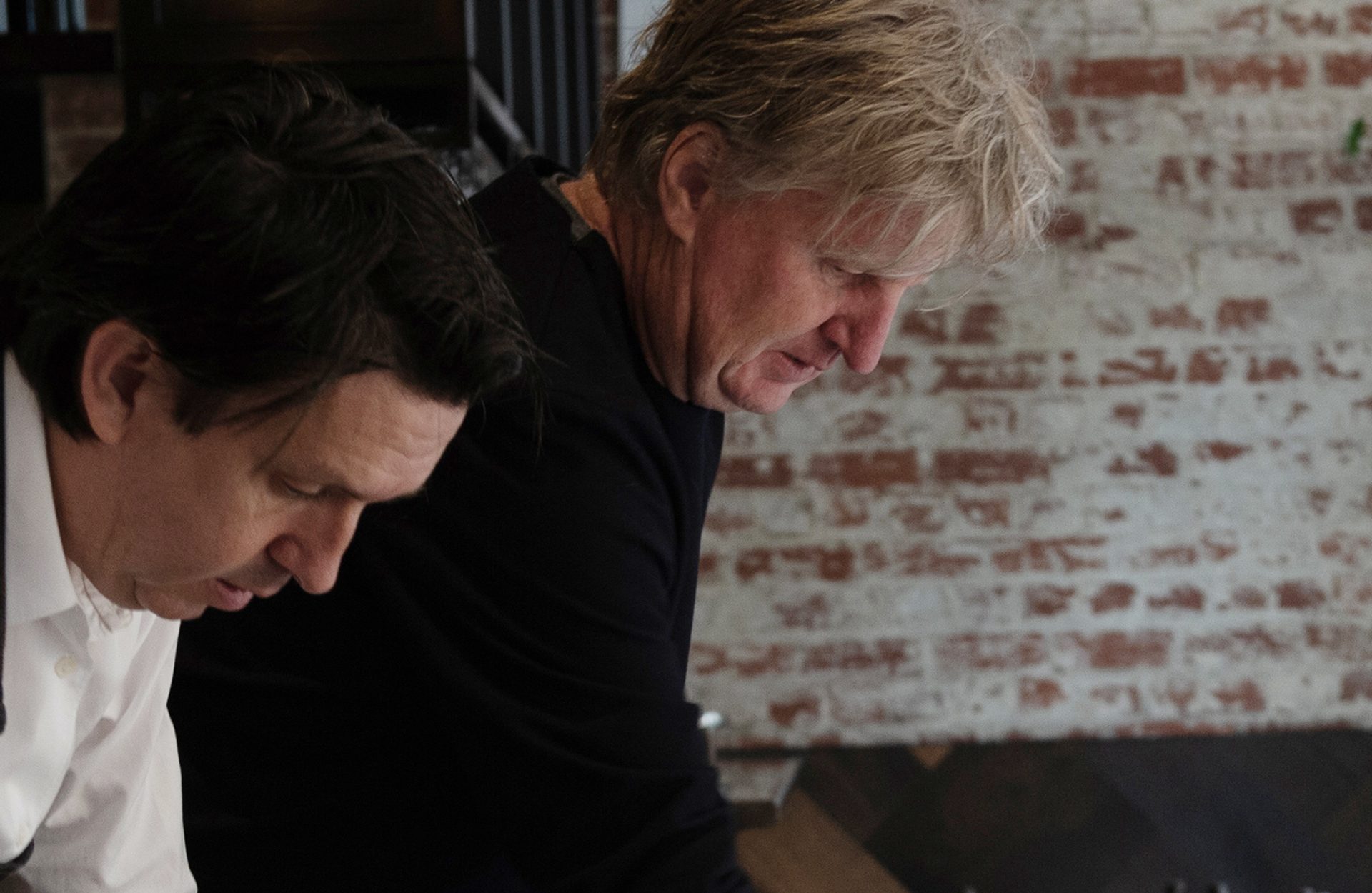JG You returned to Australia and cooked French and Japanese?
OTC After coming back, I wasn’t burning to be a chef, but it was that money thing. I went for a job at Bistro Moncur [in Sydney]. I can still taste those flavours in my mouth that have stayed with me throughout my career. They’re real comfort … eating chips with the merchant sauce. That was our breakfast snack. It was very formative. It was the first hierarchical kitchen I’d been in and was interesting in terms of grounding.
JG And after that was the Japanese. Then you begged Kylie Kwong for a job?
JG What made you want to cook at Billy Kwong?
OTC We lived around the corner and I think that place was a bit magical. That tiny room was hot and noisy, it was always really busy, and the food was delicious. It was so different to everything.
JG Are you talking about the ethical attitude, the organic ingredients?
OTC Yes, it was all about getting really good produce. I mean now that whole thing about doing Chinese food with a lighter touch in a modern way we take for granted, but people still get that wrong. It was pretty incredible, what she was doing. And that was the moment where I remember going, “Oh, yep, I want to be a chef.”
JG And you met your partner, Mat Lindsay, there? You are an amazing, talented team. Do you both see the industry the same way?
OTC Yeah. We’re very different humans, but we are quite similar in a lot of respects.
JG If I think of your kitchen at home, there’s a very big, welcoming table. There’s all your kitchen equipment on display. There’s a handsome cookbook collection. Who decides what?
OTC Cookbooks is Mat’s department. He does most of the buying and collecting. For cookbooks, he’s the librarian. For fiction, I’m the librarian. He’s got a methodical way about him. I’m more likely to make something up and he’ll research 17 different versions of the recipe to use as a base. In terms of cooking at home, it’s a constant battle. We go through phases where I’ll cook more or he’ll cook more.
JG What’s the battle about?
OTC Always what to eat. It’s not who’s cooking, more about, What are we actually going to eat? How are you meant to decide? I have strong food cravings, so that helps the situation.
JG After five years at Billy Kwong, you worked for another five-year stint at Berta, and the brief was, “It just had to be Italian.”
OTC Yes. And I got less Italian as time wore on. I felt quite comfortable with Italian food as a concept and I was lucky enough to go to Italy a couple of times. I think if you have a grasp on cooking, you just need to make food taste good. And that authenticity thing, you have to learn as much as you possibly can by eating it, by reading, by paying attention.
JG I’ve read that you felt that it was fine for you to cook French, Italian, Chinese food, but when it came to cooking the food of your heritage that was another matter.
OTC Yeah, that was the trickiest. Because when I opened Lankan Filling Station, I hadn’t really cooked Sri Lankan food, didn’t cook it much at home. I’d ring my mum and she would tell me a recipe and I spent a month with my nan and got the family recipes.
JG Why did you want to open that restaurant?
OTC It started as a very simple idea of having a hopper shop because I loved hoppers. They are a fermented rice flour pancake, bowl shaped, and they’ve got crispy edges and a soft, doughy middle. They’re not very common and they’re not easy to find. I thought it’d be a good business decision as well. It was kind of a gap, and I was qualified in some way to fill that gap. It was meant to be quite simple and franchisable, but ended up being a restaurant because I couldn’t bear not having martinis on the menu.
JG It’s a very proper restaurant.
OTC I couldn’t help myself. I certainly did not feel comfortable cooking Sri Lankan food. I think there’s more judgement from family and other Sri Lankans, more so than anyone else. Also being a minority, not in the mainstream, people feel very protective and they project, “This is what my mum cooked so it should taste like that”, rather than going, “Every family has different versions of these recipes and it’s so complex.” There’s Burgher food, there’s Tamil food, there’s Muslim food, there’s Singhalese food, there’s Chinese influences, there’s Malay. There’s a lot going on. No two families are going to cook it the same.
JG What are you still hungry to learn and to do and to achieve?
OTC So many things. The ideas Mat and I have constantly about what we’re going to do next changes. We’ll see a place and go, “Oh, that’d be nice…” It’s just a matter of time and money. Lankan’s now five years old. We’re going through a bit of a change and adding new things. As tricky as it is, it’s still exciting.
JG That’s an amazing thing to be able to say after five years, particularly these five years.


